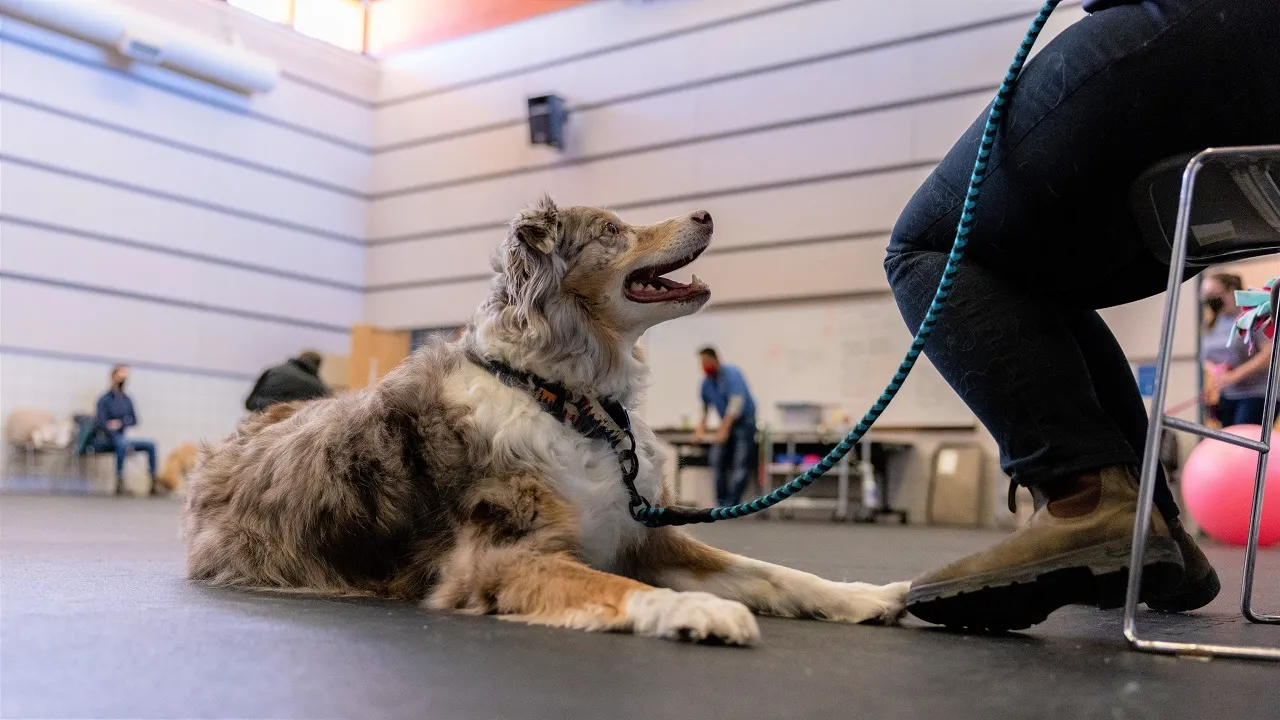Laboratory equipment dealers play a crucial role in supplying essential tools and instruments required for scientific research, education, and industrial applications. They offer a broad range of products, from basic consumables to advanced analytical instruments, ensuring laboratories have the right equipment to maintain accuracy and efficiency. The key value of laboratory equipment dealers lies in their ability to provide reliable, quality products combined with expert support tailored to specific research or operational needs.
These dealers often work closely with manufacturers to offer the latest technology while also handling repairs, maintenance, and after-sales service. Their extensive inventory includes items like microscopes, freezers, incubators, and chemical supplies, catering to various scientific disciplines and industries. Customers benefit from their knowledge in helping select suitable equipment and consumables that meet both budget and technical requirements.
Selecting the right dealer can impact the overall success of laboratory operations by ensuring timely delivery, compliance with standards, and access to technical advice. As science continues to evolve, so does the need for trusted partners who can keep laboratories equipped with cutting-edge and dependable products.
Overview of Laboratory Equipment Dealers
Laboratory equipment dealers provide a wide array of products tailored to different scientific and industrial needs. They serve diverse industries and use multiple channels to reach customers. Their reputation depends on specific qualities that ensure reliability and support.
Types of Laboratory Equipment Offered
Dealers supply equipment ranging from basic tools like pipettors and centrifuges to advanced instruments such as spectrophotometers, fume hoods, and bio safety cabinets. Common categories include:
- Analytical Instruments: Spectrophotometers, cell counters
- Sample Preparation: Centrifuges, agitators, dispensers
- Environmental Control: Constant temperature equipment, incubators
- Safety and Containment: Fume hoods, bio safety cabinets
Some dealers specialize in brands like Thermo Fisher or Sartorius, ensuring access to trusted products. The variety allows laboratories to equip themselves for fields like life sciences, pharmaceuticals, and environmental testing.
Industries Served by Dealers
Laboratory equipment dealers support multiple sectors, including:
- Life Sciences and Pharmaceuticals: Diagnostics, research, quality control
- Electronics and Semiconductor Manufacturing: Testing and environmental monitoring
- Aerospace and Defense: Materials testing and quality assurance
- Environmental Technologies: Pollution monitoring and analysis
- Automotive and Communications: Component testing and development
Each industry requires specific tools, prompting dealers to maintain diverse product lines. Their offerings adapt based on industry demands and technological advancements.
Distribution Channels and Networks
Dealers use several distribution methods to reach customers:
- Direct Sales: Personalized service through dedicated sales representatives
- Online Platforms: Websites with product catalogs and ordering systems
- Regional Distributors: Broad reach in specific geographic areas
- Authorized Dealers: Partnerships with manufacturers for certified products
Efficient networks help ensure timely delivery and support. Dealers often provide technical assistance and product training alongside distribution.
Key Qualities of Reputable Dealers
A reputable dealer exhibits several core qualities:
- Product Knowledge: Ability to offer detailed information and accurate recommendations
- Support and Service: Responsive customer support and after-sales assistance
- Availability: Ready stock of equipment and prompt delivery capability
- Trustworthiness: Transparent pricing and genuine products from recognized brands
These traits impact laboratory operations by improving purchasing decisions and minimizing downtime. Dealers committed to these standards typically build long-term client relationships.
Choosing and Working With Laboratory Equipment Dealers
Selecting a reliable dealer requires careful consideration of their qualifications, service capabilities, and pricing models. These factors affect not only the initial purchase but also the long-term functionality and support of the lab equipment.
Evaluating Dealer Credentials
Laboratories should verify a dealer’s certifications and industry reputation before proceeding with purchases. Credentials like ISO certification and compliance with safety standards confirm a dealer’s commitment to quality.
It is important to assess the dealer’s experience with specific equipment types, ensuring they understand the technical requirements of your lab. Dealers with knowledge in your scientific field or specialization are better equipped to recommend appropriate products.
Checking customer references and reviews helps gauge reliability. A dealer with a proven track record of timely delivery and transparent communication reduces risks in procurement.
After-Sales Support and Service
Effective after-sales support is essential for maintaining laboratory equipment performance. Dealers should provide installation, maintenance, and repair services to minimize downtime.
Technical support availability plays a key role. Dealers offering 24/7 assistance or local service centers can address issues quickly, which is important in time-sensitive research environments.
Warranty terms and service contracts should be clear and comprehensive. This includes response times, parts availability, and scheduled maintenance to ensure equipment operates optimally over its lifespan.
Pricing and Purchase Options
Price evaluation extends beyond the initial cost to include long-term operational expenses. Dealers who offer transparent pricing on consumables and spare parts allow for realistic budgeting.
Flexible purchase plans, such as leasing or financing, can be advantageous for labs managing cash flow constraints. Dealers that provide multiple payment options may better accommodate different financial policies.
It is advisable to compare offers from several dealers, considering bulk discounts or package deals that combine equipment with service agreements. Clear communication on all cost components prevents unexpected charges.



